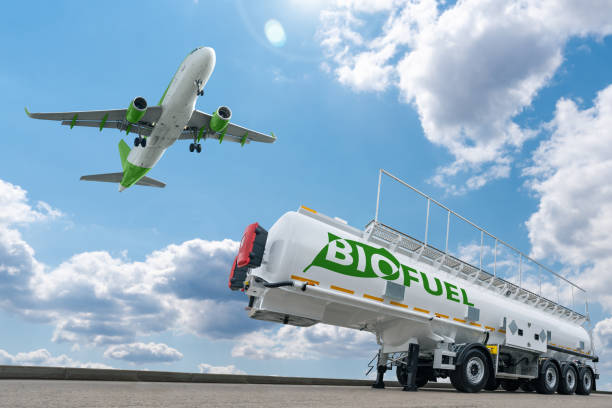Fulcrum Bioenergy is a prominent company in the field of converting municipal solid waste (MSW) into low-carbon transportation fuels. Founded in 2007 and headquartered in Pleasanton, California, Fulcrum is a pioneer in the development of advanced biofuels produced from non-food waste materials.
The core technology developed by Fulcrum BioEnergy is known as the “Fulcrum Process.” This process involves several key steps:
- Feedstock Preparation: Fulcrum sources municipal solid waste (MSW) from various waste management partners. The MSW undergoes preprocessing to remove recyclable materials and non-combustible items, leaving behind a high-energy feedstock suitable for conversion.
- Gasification: The prepared waste is gasified at high temperatures in a controlled oxygen-starved environment. This process converts the carbonaceous material in the waste into synthesis gas (syngas), a mixture of hydrogen and carbon monoxide.
- Syngas Conversion: The syngas produced from gasification is then processed using established chemical processes, such as Fischer-Tropsch synthesis or other catalytic reactions, to convert it into liquid hydrocarbon fuels, including jet fuel and diesel.
- Fuel Refinement: The liquid fuels produced undergo refining processes to meet industry standards and specifications for use in transportation applications.
Fulcrum BioEnergy’s approach offers several advantages:
- Waste Diversion: By converting municipal solid waste into fuel, Fulcrum helps divert significant amounts of waste from landfills, reducing environmental impacts and addressing waste management challenges.
- Low-Carbon Fuels: The transportation fuels produced by Fulcrum have lower carbon intensity compared to traditional fossil fuels, contributing to greenhouse gas emissions reduction efforts.
- Energy Security: Fulcrum’s process reduces reliance on imported oil and provides a domestic and sustainable source of transportation fuels.
As of my last update in January 2022, Fulcrum BioEnergy has been actively developing its projects, including the construction of its first commercial-scale biorefinery, the Sierra BioFuels Plant, located in Storey County, Nevada. The company has also secured partnerships with airlines and fuel distributors to commercialize its renewable fuels.
